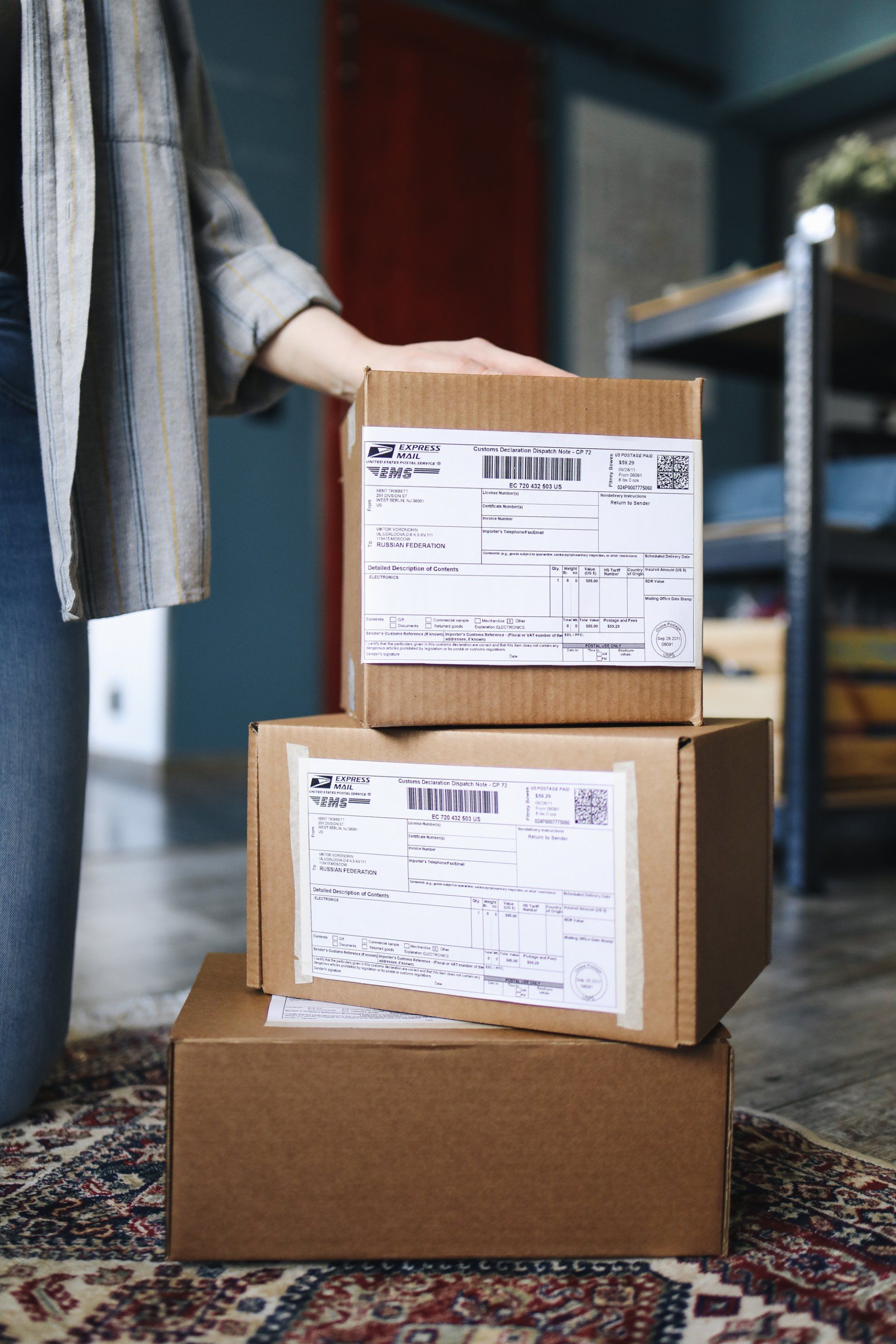Navigating the CBD Mail Maze: Can You Legally Mail CBD Products?
Legal Mailings: Understanding the Rules and Realities of Shipping CBD Products
The soaring popularity of CBD (cannabidiol) products has left many wondering about the legality and safety of shipping CBD items through the mail. With varying regulations and restrictions, it can be confusing to understand whether mailing CBD products is a viable option. In this blog, we will delve into the complex world of CBD shipping to provide clarity on whether you can legally mail CBD products and what considerations to keep in mind.
The Legal Status of CBD:
The legality of CBD products depends on their source and the specific regulations of the jurisdiction involved. CBD can be derived from hemp or cannabis plants, with hemp-derived CBD containing no more than 0.3% THC, making it federally legal in the United States under the 2018 Farm Bill. However, cannabis-derived CBD, with higher THC levels, remains subject to more stringent regulations and varies significantly by state or country.
Mailing Hemp-Derived CBD Products:
Shipping hemp-derived CBD products can be legal within certain boundaries. Following the passage of the 2018 Farm Bill, many reputable CBD companies have been able to ship their hemp-derived CBD products across state lines, provided they meet certain criteria:
- THC Content: Hemp-derived CBD products must contain less than 0.3% THC to be legally classified as hemp and compliant with federal regulations.
- Hemp Source: The CBD products must be derived from industrial hemp plants grown by licensed farmers in accordance with state and federal laws.
- Lab Testing: Reputable CBD companies ensure that their products undergo third-party lab testing to verify their THC content and overall quality. This step is crucial for demonstrating compliance and transparency.
- Compliance with State Laws: While hemp-derived CBD is federally legal, some states may have stricter regulations or outright bans on certain CBD products. Always verify and adhere to the laws of the state you are shipping to.
Mailing Cannabis-Derived CBD Products:
Shipping cannabis-derived CBD products, which contain higher THC levels, is much more restricted and complicated. These products are subject to state-specific regulations and may be considered illegal in certain areas. It is crucial to research and understand the laws of both the sender and the recipient's location before attempting to mail cannabis-derived CBD products.
Tips for Shipping CBD Products:
- Research Local Laws: Familiarize yourself with the laws and regulations related to CBD in both the shipping origin and destination locations to ensure compliance.
- Use Reputable Carriers: Choose reputable shipping carriers that are experienced in handling CBD products and understand the legalities involved.
- Proper Labeling: Clearly label the package as containing hemp-derived CBD products, and include any necessary documentation, such as lab test results and certificates of analysis.
Mailing CBD products can be legally permissible under certain conditions, particularly for hemp-derived CBD products with low THC content. It is vital to conduct thorough research, ensure compliance with federal and state regulations, and work with reputable CBD companies and shipping carriers to navigate the complexities of CBD shipping safely and legally. By understanding and following the rules, you can enjoy the convenience of having your CBD products delivered directly to your door, promoting a seamless and enjoyable CBD experience.
SHARE:
Disclaimer: The information provided in this article is for educational purposes only. The content is not intended to be a substitute for professional medical advice, diagnosis, or treatment. Always seek the advice of your physician or other qualified healthcare provider with any questions you may have regarding a medical condition. The use of cannabis, including smoking, may have potential health risks and may not be suitable for everyone. It is essential to understand and abide by the laws in your country or state regarding cannabis use. The author and publisher of this article are not responsible for any adverse effects or consequences that may result from the use of the information presented in this article. This blog is sponsored by
Fresh Mint.












